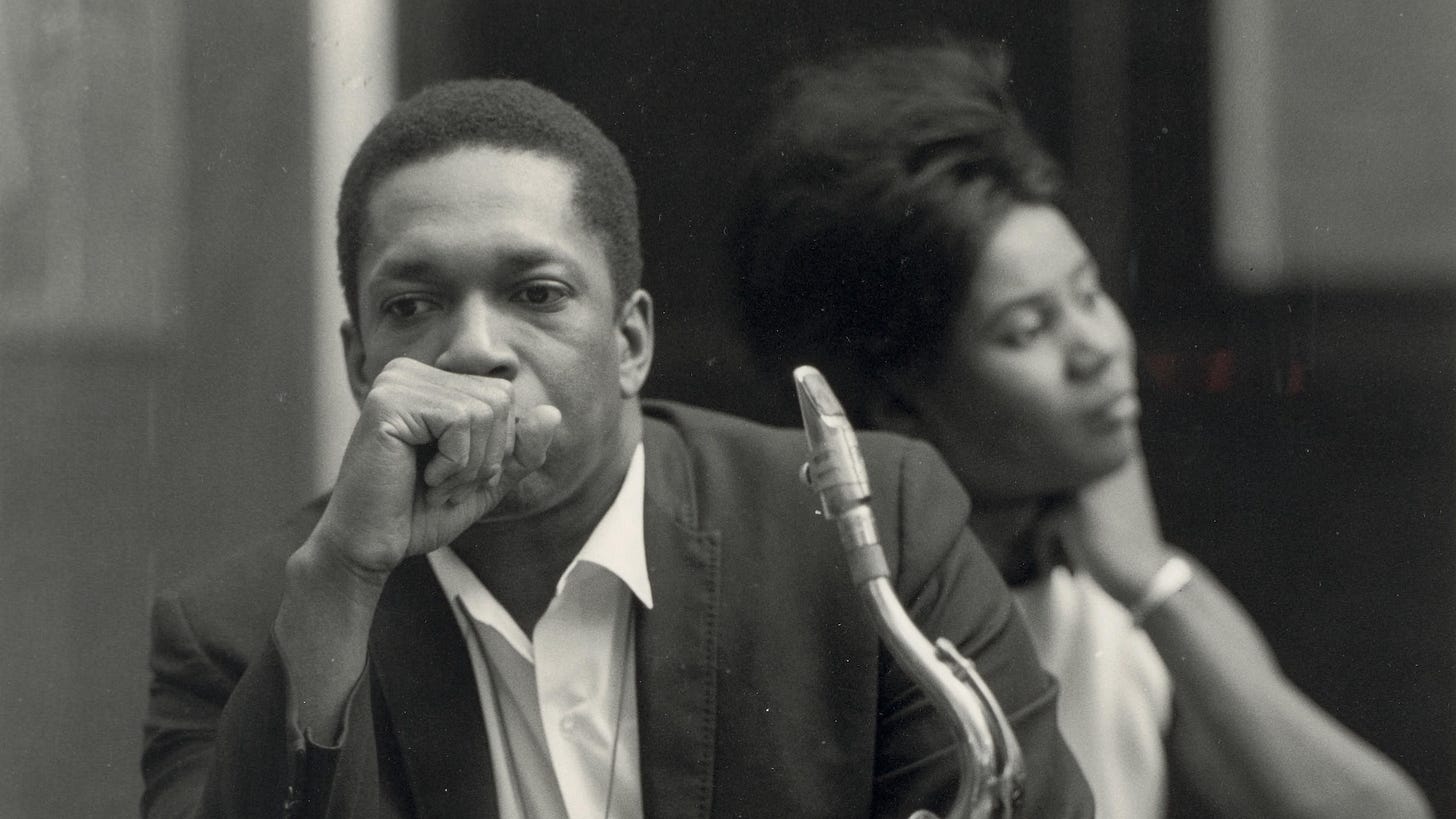Hello, I’m Tiago Ferreira, Sr. Product Manager in Brazil with +6 years of experience crafting products. With The Next Movement, I want to share part of my product management experience with the whole world, but also talk about career more broadly, technology, good books, and - why not? - philosophy, music, culture, gossip, just like an open diary. If you enjoy reading my article, subscribe and share it with your friends 🤓

I was 18 when I had to recover from a bad Semiotics evaluation at the college. My professor gave a second chance to my group and, besides having a good argument to correlate Bakthin, Aldous Huxley, and a Brazilian song called “Admirável Gado Novo” (inspired by Brave New World), I was nervous about what I’d say on the presentation day.
I couldn’t sleep well, thinking about which words or phrases should I choose to create a good impression.
Turns out that I didn’t use any of the phrases I had elaborated on. But I did well. We grabbed 9 out of 10, and I was proud.
More than 15 years later, stories like that keep repeating over and over again (with different contexts, of course). I don’t have the formula to keep confidence when needed but, considering that I worked as Product Manager in different companies, you can imagine the number of interviews (and cases) I had to do to get a job.
From my perspective, I need to train or understand a LOT before my first shot to do anything: starting a new position, preparing for a case, doing an evaluation… and, to be honest, I hate that.
That’s because I usually feel pressured to do anything with a minimum amount of quality that only I can measure.
That measure is abstract and, more often than not, isn’t indicative of success. But if I don’t judge myself before any important presentation or evaluation, my vulnerability take assault and I have the impression that I won’t perform well.
Lessons from jazz
It is important to talk about performance because fear of improvisation enhances bad moments you collect in your life.
Even aware of that, it is hard for me to overcome that feeling. After all of those years, one of the most effective ways for me is listening free-jazz.
To understand its importance, I recur to my comfortable basis: research. As a former music blogger (not player), I used to listen and read about classic albums and meetings that helped music evolve: think about Miles Davis with Gil Evans, Alice Coltrane finding his way after her genius husband died, or Ornette Coleman recording a whole session without structure in two channels.
Often, those sessions start with the lead rhythm or one astonishing phrase that inspires the group. Doesn’t take too long before the magic happens: you heard that interesting solo or a rhythmic session that pleasures the listener. This is a construction.
On free-jazz, not all the moments are enjoyable: on some tracks, you’ll listen to the rhythmic session keeping around and around until the burst comes in. And, depending on the musician’s style, those moments would be just a fragment of the whole theme.
Unfortunately, business as usual doesn’t have anything related to jazz. But the lesson I keep repeating to myself is: imagine the journey as a jazz theme. Sometimes you just follow the rhythm; and, in short moments, good and bad notes are evocated.
Just find a coherent sense for you and keep playing. That vision works like a mantra, especially when unexpected moments occur.
And, forgetting about improvising, I usually deliver good results.



